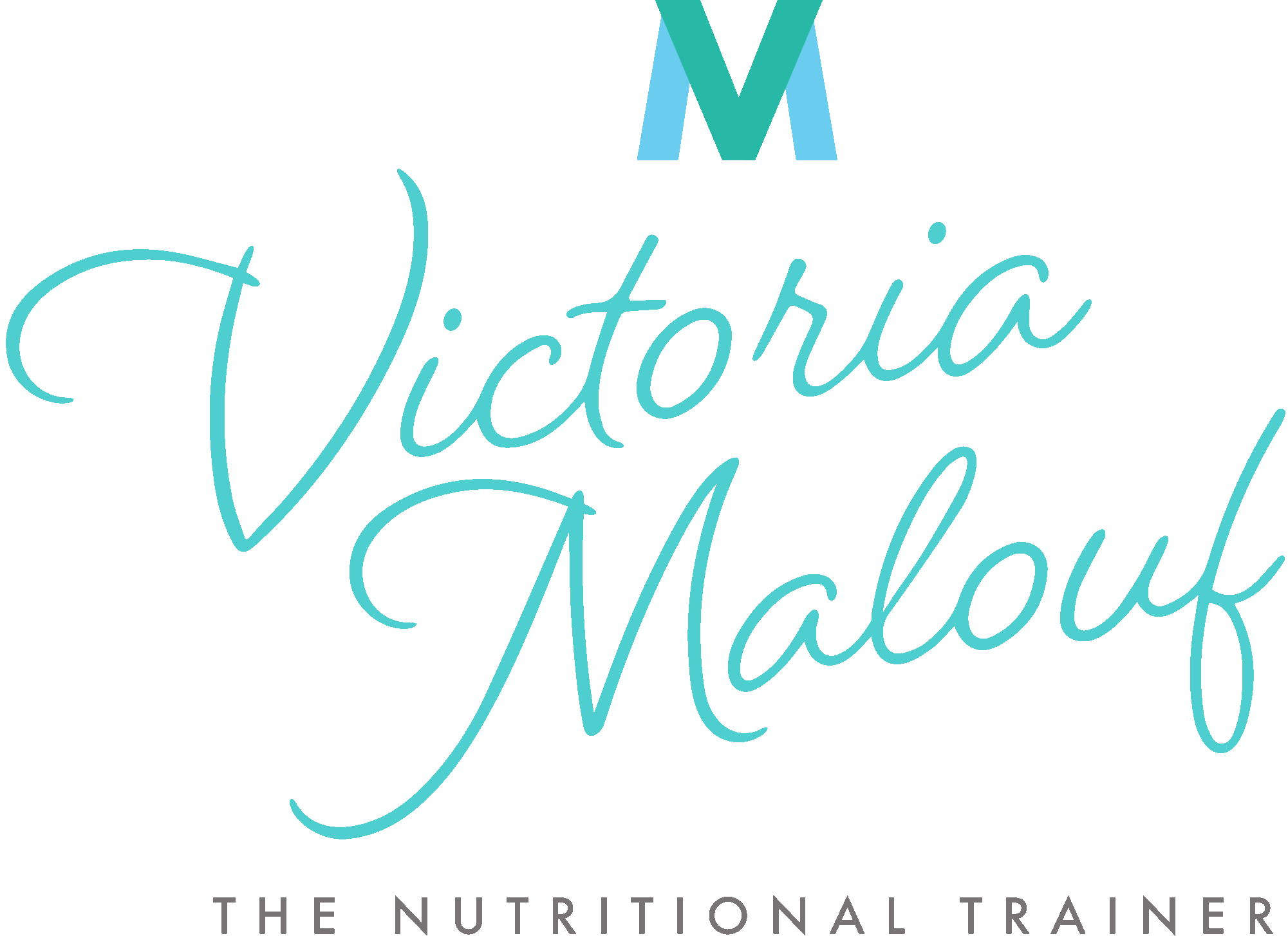How much protein do I need?
- Victoria Malouf

- May 13, 2018
- 4 min read
So this is a hotly debated topic. Some people spout protein as the best thing since sliced bread and others fear it like the devil. I used to be all about high protein. I was eating somewhere between 120 - 130g of protein per day. Now I eat somewhere between 60-70 grams per day so almost half of what I used to eat so as you can see I've been at both ends of the spectrum.
Let's firstly start with what is protein?

Protein occurs in all living cells and are made up of groups of amino acids joined together. They are classified as either essential (cannot be made by the body in large enough quantities so we need to consume them) or non essential (can be made by the body). The 9 essential amino acids are Histidine, Iosleucine, Leucine, Lysine, MAthionine, Phylalanine, Threonine, Tryptophan and Valine. The non essential amino acids are Alanine, Asparagine, Aspartic acid, Arganine, Cystine, Glutamine, Glycine, Glutaminc acid, Serine and proline.
40% of the body's stores of protein are found in the muscle, 25% in the organs and the rest in the skin and blood. Ensuring that we consume enough protein per day is vital as they have roles in building muscle, blood and skin, can act as enzymes to help the digestion of food, as hormones, helps to regulate fluid balance and as a source of energy and also keeps you fuller for longer.
Where is protein found?
Protein can be found in a variety of sources and the main one which everyone knows about it animal products such as lean red meats (beef, pork, lamb ad veal), poultry (chicken, duck, turkey), fish and seafood, eggs, dairy, legumes (chickpeas, lentil, beans, pea) and in soy foods such as tofu, tempeh and edamame.
The main thing with protein is to not be having the same sources of protein everyday. Each different source of protein contains different amino acids in different amounts. To really maximise your health benefits be sure to consume various sources of protein throughout the day and week. Aim for 1-2 sources of red meat, 2 sources of poultry, 2-3 seafood, 2-3 servings of legumes and 1 or 2 soy per week and 1-2 servings of eggs/ dairy to ensure that you are getting a balance and a mix of all the different amino acids.
How much is needed per day?
According to the Australian Government , the recommended daily intake for protein for males is 0.84 grams/kg body weight/day or approximately 70 - 80 grams of protein per day. For women it is 0.75 grams/ kg body weight/ day or approx 50 - 60 grams per day. For most people, if you consume a source of protein at each of your main meals you will not be in danger of having a protein deficiency and would be consuming your daily protein requirements.
However, if you are training hour requirements will change and the time of day that it is best for you to have protein is crucial to ensure that you are not depleting your muscle's of their protein stores.
For recreational athletes that are just training a few times a week for less than an hour each time, their requirements for protein won't increase but it is highly beneficial for them to consume a protein rich meal (15 - 20 grams of protein) within 30 - 45 minutes after their session to help ensure that they get maximum benefits from their session and to help the recovery.
For athletes that are training 5-6 times per week for over an hour up to 3 hours, studies have shown that an increase to 1.4 - 1.6g/kg body weight/ day can have significant benefits to both their training and recovery process.
For athletes that are training for over that 3 hour period on over 4 or 5 days of the week, increases of up to 1.8 and 1.9g/ kg body weight/ day have shown benefits in studies but none have been reported when exceeding over 2g/ kg of body weight/ day.
Amounts of protein in Foods
Chickpeas – 38 grams protein per 1 cup
Beef – 32 grams per 100 grams lean steak
Lamb - 32 grams per 100 grams lean lamb
Veal – 27 grams per 100 grams veal steak
Pork – 26 grams per 100 grams lean pork
White Fish – 20 - 24 grams protein per 100 grams of white fish
Chicken – 21 grams per 100 grams chicken breast
Tempeh – 15 – 18 grams per 100 grams depending on the brand.
Yoghurt – 15 – 17 grams per 170 gram small tub Greek yoghurt depending on the brand.
Black beans – 14 grams protein per 1 cup
Tofu – 8 – 15 grams per 100 grams depending on the brand of tofu
Milk – 8 grams protein per 1 cup (250ml)
Eggs – 6.5 grams per 1 egg
Brown rice – 4 grams protein per 1 cup

What does 60 - 70 grams of protein look like?
170 grams of greek yoghurt - 15 - 17grams protein
120 grams of chicken - 20 - 23 grams of protein
100 grams of tofu - 15 - 17 grams protein
2 boiled eggs - 14 grams protein
= approx 64 grams of protein
Tips and tricks with protein
Include a serve of protein at every meal to help keep you fuller for longer and more satisfied and you will also be less likely to want to overeat on other refined/ sugary foods.
Consume a protein rich meal within half an hour of finishing a workout to help your muscles repair and regenerate and reduce muscle soreness.
Protein has been shown to help regulate blood sugar levels, reduce brain fog, boost energy levels and help to absorption of important nutrients.





Comments